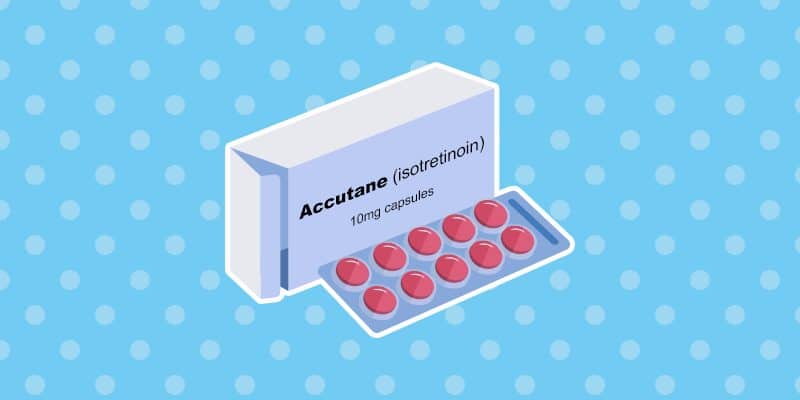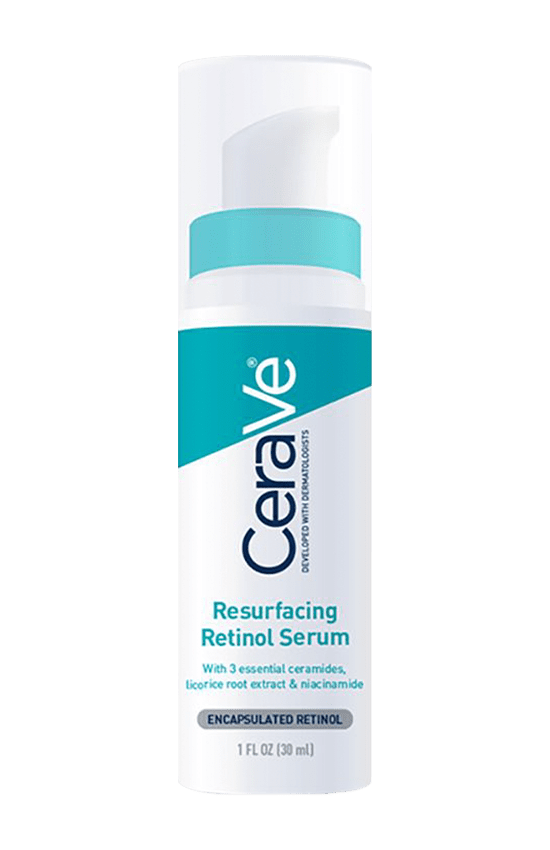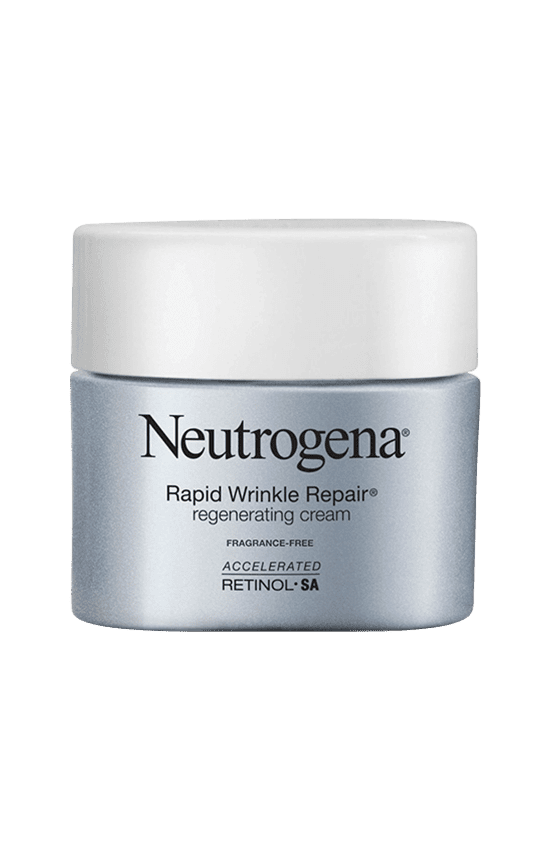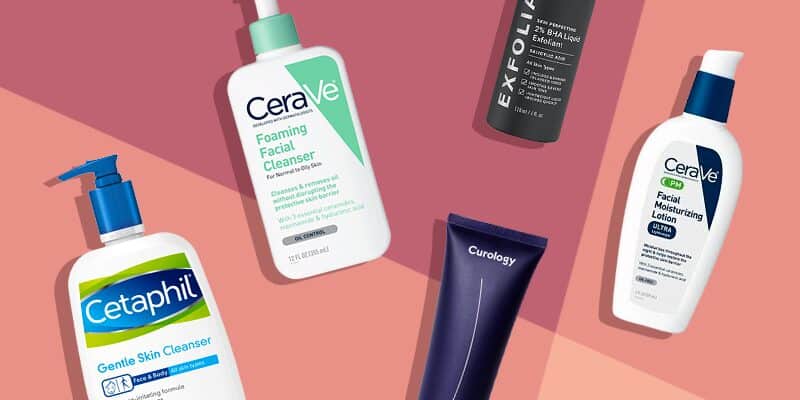Anyone who has dealt with acne for an extended period of time has likely heard of Accutane before. This oral drug has successfully been used for decades as an effective treatment for acne. That being, it is very powerful and can come with some major side effects.
Due to these side effects, many people seek out alternatives to Accutane before attempting to use this treatment. For acne-sufferers, there are a few alternatives to Accutane that may give their skin exactly what it needs to fight off pesky acne.
What is Accutane?
While you’ll hear people talk about taking “Accutane” to treat persistent acne, the specific drug actually hasn’t been produced since 2009. Isotretinoin is active ingredient that was used in Accutane. It is still found in a variety of oral drugs prescribed for fighting acne, including Myorisan, Claravis, and Absorica.
These medications, as well as those that are similar, require a prescription. Isotretinoin-based drugs are typically prescribed to treat moderate to severe cases of acne. It is a form of vitamin A, and it works by reducing the amount of oil that is secreted through the sebaceous glands.
“Though this medication is highly effective, the treatment of acne involves a step-wise approach with Isotretinoin being a last resort,” says Board Certified Dermatologist Rawn Bosley, MD of Prism Dermatology in Southlake, TX.
Since it was approved by the FDA in 1982, isotretinoin has remained the most clinically effective anti-acne therapy. Many patients who have taken isotretinoin have found long-term remission. That being said, it is an intense drug, and typically, alternatives to Accutane are recommended first.
Accutane Side Effects
While drugs containing isotretinoin are notably effective for treating acne, there are also a variety of side effects that come with taking them. Often, people reconsider the drug because of these side effects, and seek out alternatives to Accutane instead.
- Most Common: Skin Dryness, Chapped Lips and Itchy Skin - The most common side effect of Accutane is skin dryness. Many experience chapped lips and dry and itchy skin. Lip moisturizers and moisturizing creams are often recommended to counteract these effects. Some also experience dryness in the nose, which can lead to mild nosebleeds. Another common side effect is sun sensitivity. With that in mind, it is particularly important to be using the right skincare products. Here are the best products to use while on accutane.
- Less Common: Headaches, Brittle Nails, Hair Thinning - Less common side effects include headaches, brittle nails, temporary hair thinning, and urinary symptoms. Depression and mood changes are also recognized side effects, although studies have not found this link to be conclusive. That being said, patients should always communicate to doctors any noted change in mood or mental health.
- Accutane and Birth Defects - Pregnant women (or women who are trying to become pregnant) cannot take isotretinoin. It can lead to serious birth defects, including both internal and external abnormalities. Women who are of childbearing age are required to use two forms of contraception, as well as provide two negative pregnancy tests prior to the initial prescription. Additionally, they must take a pregnancy test each month during the course of treatment.
Accutane Alternatives (Over the Counter)
1. Differin (adapalene)
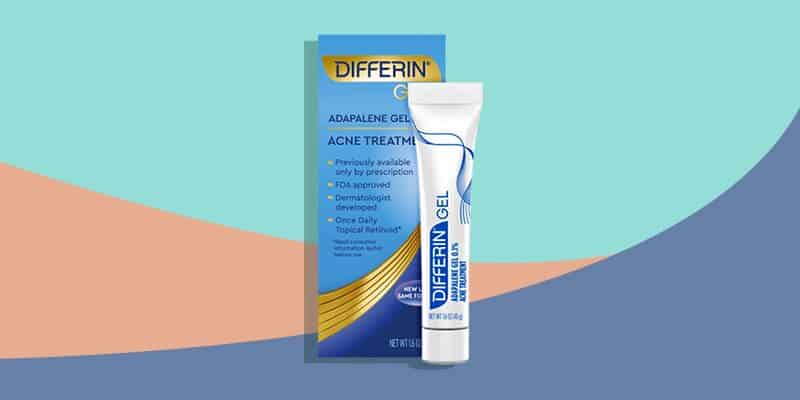
Best for: pimples and blackheads
Differin is different than other acne treatments avaliable over the counter. Differin is the first OTC acne product that contains RX-strength retinoids. Retinoids (as mentioned above) play a critical role in the treatment of acne by improving cellular turnover, and reducing inflammation. Differein is weaker than it's Tretinoin counterpart. Although it is weaker, it is still effective in improving acne. Consistent use of Differin will result in improved complexion, with noticeably less breakouts.
Accutane Alternatives (Professional)
If you are dealing with acne but are looking for alternatives to Accutane, these are some of the most effective options.
1. Topical Retinoids
Patients who would prefer not to take oral medication for acne may find success with a topical. “The topical form of vitamin A derivatives like Accutane are called Retinoids,” say Dr. Bosley. “These topical medications are effective to reduce whitehead, blackheads and acne pimples.”
Topical retinoids come in cream, lotion, and gel form. They exfoliate the skin and reduce the production of oil, which can lead to clearer skin. One major additional benefit is that a topical retinoid can help with the reduction of acne scars. However, there are potential side effects, including dryness, irritation, and photosensitivity. At the start of treatment, dermatologists will typically recommend starting small with the usage of a retinoid to limit these side effects.
The two most common retinoids available include Tazorac (tazarotene), Retin-A (tretinoin). These do require that you meet with a medical professional, as they are only available through a prescription.
2. Oral and Topical Antibiotics
“Both oral and topical antibiotics as well as antimicrobial medications remain highly effective in the treatment of acne,” says Dr. Bosley. Antibiotics address acne-causing bacteria. However, since acne isn’t solely caused by bacteria, a dermatologist may prescribe additional treatments for your acne-fighting routine. Like topical retinoids and Accutane, antibiotics require a prescription.
Topical antibiotics (such as clindamycin and erythromycin) kill the excess bacteria on the skin, and can also reduce redness. Often, they are prescribed alongside a benzoyl peroxide, as it can help reduce the possibility of antibiotic resistance. Side effects of a topical antibiotic may include dryness or mild irritation.
Oral antibiotics help reduce bacteria and fight inflammation. Minocycline and doxycycline are two of the most common options. Oral antibiotics are used for a shorter period of time, in order to prevent antibiotic resistance. Photosensitivity is a possible side effect of oral antibiotics. It is recommended that patients take it at night and use an SPF during the day.
3. Procedures (Chemical Peels, Photo Therapy)
When looking for alternatives to Accutane, prescriptions are your best bet. However, there are other options that may be beneficial for you. “Though prescription medications remain the gold standard for acne treatments, various procedures are helpful in the treatment of acne,” says Dr. Bosley.
Chemical Peels
Chemical peels that contain salicylic or glycolic acids can be particularly helpful for treating acne lesions and reducing the size of pores. These peels deeply exfoliate the skin, helping it to regenerate.
Light Therapy
Other procedure options include energy-based treatments, such as Intense Pulsed Light (IPL) and Photodynamic Therapy (PDT). IPL releases light at different wavelengths, penetrating down to the second layer of the skin without harming the top layer. PDT uses a medical light source, which, when combined with oxygen and a topically applied photosensitizer, kills acne cells and bacteria. Additionally, it can reduce the production of oil. Dr. Bosley notes that these energy-based treatments can complement more conventional acne prescription medications.
FAQ
Is there a natural alternative to Accutane?
There are some vitamins that may be helpful for treating acne, but studies have been limited and findings have been mixed. Additionally, even though they are “natural”, you can experience side effects from vitamins and supplements. If you are looking for natural alternatives, it is still best to consult with a doctor to ensure you are being as safe as possible.
Does acne get worse on Accutane?
While on Accutane, many patients do go through a period where their skin gets worse before it gets better. This, in addition to the side effects like dry skin and lips, often leads people to consider alternatives to Accutane.
Does acne come back after Accutane?
Accutane is considered one of the most effective treatment options for improving acne long-term. That being said, it is possible for acne to come back after being on Accutane.
Summary
- Accutane is an effective treatment for acne. However, it does come with a host of side effects.
- Accutane is generally used as a last resort for acne-sufferers. Patients should try other treatment options first.
- There are alternatives to Accutane that may be effective, including topical retinoids, topical and oral antibiotics, and a variety of procedures.
